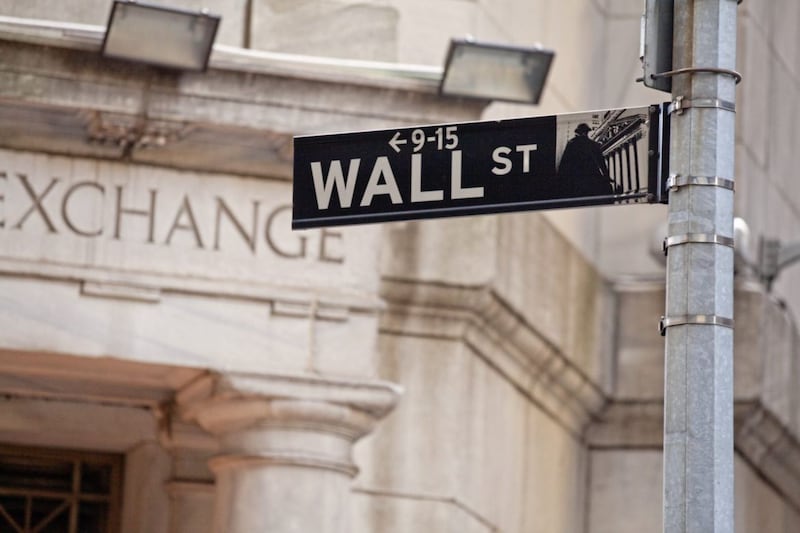A DACIA Sandero is the cheapest car that you can buy in the UK today. If everyone were as cost-conscious as we like to think, why, then, are we not all driving around in one?
The number one selling car in the UK is in fact the Ford Fiesta – at nearly twice the cost of the Sandero. We might wonder why people pay such a premium for the Fiesta? It does the same thing as the Sandero - fundamentally, it gets you from A to B.
Are we prepared to pay more because the Fiesta has extra airbags, a nippier engine, or is it just about the badge? For whatever reasons, consumers clearly see the Fiesta as worth the higher price tag: there’s more to our perception of value for money than just the price.
But is the same true when looking at the investment fund industry? There has recently been a huge shift of attention towards the cost of investments. Have we focused too much on cost and lost sight of value for money?
Back in the 1990’s, we saw the launch of the Virgin FTSE all-share tracker. Seen by many as a new dawn for investing, it offered cheap exposure to the UK stock market without the need to choose or pay an active manager. This type of investment is known as a passive fund, in that it tries to “track” a benchmark, by replicating its constituents (for example, a FTSE 100 tracker will buy all of the components of the FTSE 100; as the FTSE goes up, so does the fund, and vice versa). The opposite to this is an active fund, in which an investment manager will actively pick the stocks, in an attempt to beat their benchmark.
In recent years, passive funds have exploded in the UK. At the end of 2019, such funds accounted for eight out of ten of the largest funds in the UK.
The monumental change that came with these funds is lower costs. Today you can find a passive fund tracking the UK stock market for an annual ongoing charge of 0.06 per cent - some 94 per cent cheaper than the cost of investing in the original Virgin tracker fund 25 years ago.
As you would expect, the average cost of an active fund is higher than a passive fund. For example, sticking to the UK equity sector, the average ongoing cost of an active fund is around 0.8 per cent a year -many multiples of the cost of the cheapest passive tracker available.
Over the last five-year period, passive funds tracking the FTSE 100 have on average outperformed their active counterparts.
So if you’re going for an active fund, you need confidence that you are buying the right one, because there are some funds out there which could be really worth the additional cost.
There are many things to be considered, including the financial strength of the fund management company itself, confidence that the manager is being sensible with their risk taking, and the ability of the team to apply a consistent and repeatable investment process.
During the past year, the Financial Conduct Authority (FCA) has introduced a new rule that each fund must provide an annual “assessment of value report”. Specifically, this focuses on the value for money being returned to investors from their funds.
These reports can be found via a simple online search, and the unexpected consequence is that large numbers of funds which were not representing good value for money have cut their costs. It has been seen as one of the most constructive steps in the industry for years.
Going forward, it’s not hard to imagine that the gap between active and passive funds will widen further. With the cost of passive funds arguably as cheap as it is possible to make them, the active funds which are seen as not offering value for money will come under increasing pressure to cut fees or justify them.
This will leave a pool of high-performing active managers, who have been strong and consistent, priced out in this price race to the bottom. But as a consequence, if you can find these pricier over-performers, while they may not be cheap, they could offer value for money in the long run.
:: Cahir Gilheaney is wealth manager at Barclays Wealth & Investment Management in Belfast








